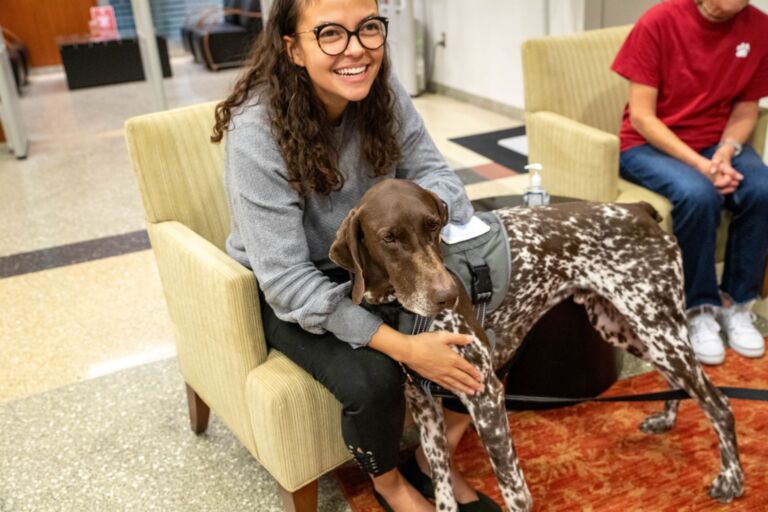Every summer the American Bar Association holds it annual meeting to make decisions about the future of legal education and law in general. Here are this year’s highlights:
• Law students can now earn both money and academic credit for externships — if their school allows it. After more than two years of debate, the ABA lifted its long-standing ban, saying individual schools can now decide whether they will allow both pay and academic credit for externships. Some schools have said they’ll maintain the pay ban, and others may decide not to award credit if a student is paid.
• Under a controversial proposal, law schools could lose accreditation if not enough of their graduates pass the bar exam. The ABA is considering requiring that 75 percent of a school’s graduates who sit for the bar exam pass within two years. But, a number of deans and the National Black Law Students Association object to the proposal. They’re concerned about the potential effect on minority schools. Proponents say low-performing schools aren’t advancing the goal of greater diversity if a significant number of their graduates aren’t able to practice law.
• University of North Texas at Dallas College of Law was notified that the accreditation committee would not recommend accreditation to the ABA when it votes in October. The school accepts too many students with low LSAT scores and has a shaky financial plan, according to the committee. But, the school was founded with admissions focused less on scores and more on life experience and recommendations, and the school plans to keep annual tuition under $17,000. “We will get a fair hearing,” Royal Furgeson Jr., UNT Dallas Law’s founding dean, told the ABA Journal. “We’ll tell the council that there’s a giant need for affordable law schools like us, and we’re going to meet that need.” The school’s first class of students is expected to graduate in May.
While denial of accreditation is a blow to the young school, it’s not unusual. Many new schools that are initially denied accreditation come back to earn it within a year. The committee only makes a recommendation to the council of the ABA Section of Legal Education and Admissions to the Bar, which makes the final decision.
• The ABA’s president-elect, Hilarie Bass, has embarked on a listening tour to meet with deans and education researchers. She wants to help law schools evaluate how to train lawyers for the future. “Can you imagine anyone suggesting that medical students be educated in the same way they were 100 years ago?” she said during a speech. “You would think that it was a ludicrous suggestion, and yet what is the amount of innovation that we currently utilize to educate and train those students who will be practicing law in 2050?”





